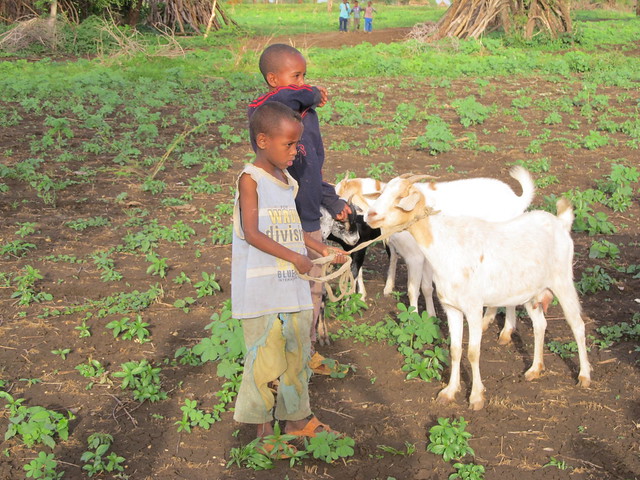
Nearly five years ago, USDA embarked on a journey as a founding partner of the Global Open Data for Agriculture and Nutrition (GODAN) initiative. GODAN promotes the proactive sharing of open data to make information about agriculture and nutrition available, accessible, and usable worldwide. Now with over 700 partners from the private and public sector, non-profits, universities and other groups, the momentum behind this important initiative is increasing. In 2014, USDA partnered with the U.S. Agency for International Development (USAID) to provide funding support to enable the work of the GODAN Secretariat – the people that keep the initiative going day in and day out.
The impact of open agriculture and nutrition data can be seen all over the world, from the smallholder farmer in Mombasa, Kenya, to the Tuckaway Farm in New Hampshire to dairy farmers in the United Kingdom. Open data is enabling daily fact-based, data-driven decisions. Each day farmers and consumers around the world make decisions related to agriculture and nutrition, and these decisions are only as good as the data that informs them. The GODAN initiative, through its Secretariat and partners, is motivating and enabling open agriculture and nutrition data conversations all over the world. The only known sector specific open data initiative, GODAN is facilitating the discovery of comprehensive solutions to solve global hunger through the availability of data.
Since inception, the GODAN Secretariat has educated thousands of people and organizations around the world about the importance of open data. The impact of the initiative can be seen through the scale and scope of the partnership, publications, and multi-media tools provided to assist organizations with open data implementation. Most recently the Secretariat supported complementary publications examining open access and open data policies of members of the global development community and open data at PUSH universities. From the historic Nairobi declaration to the GODAN Summit, the convening power of the GODAN Secretariat and its partnership network is undeniable.
GODAN was designed as a five-year initiative. It was planned that after several years of operation, it would intentionally engage partners to review accomplishments and stimulate, inspire and reinvigorate support behind the initiative. All too often international initiatives fail as support and interest declines due to shifts in priorities. The time to discuss the future of GODAN is now. The GODAN Secretariat will host a meeting in July 2018, GODAN: The Road Ahead, and I look forward to being part of the conversation on behalf of the U.S. Government.
